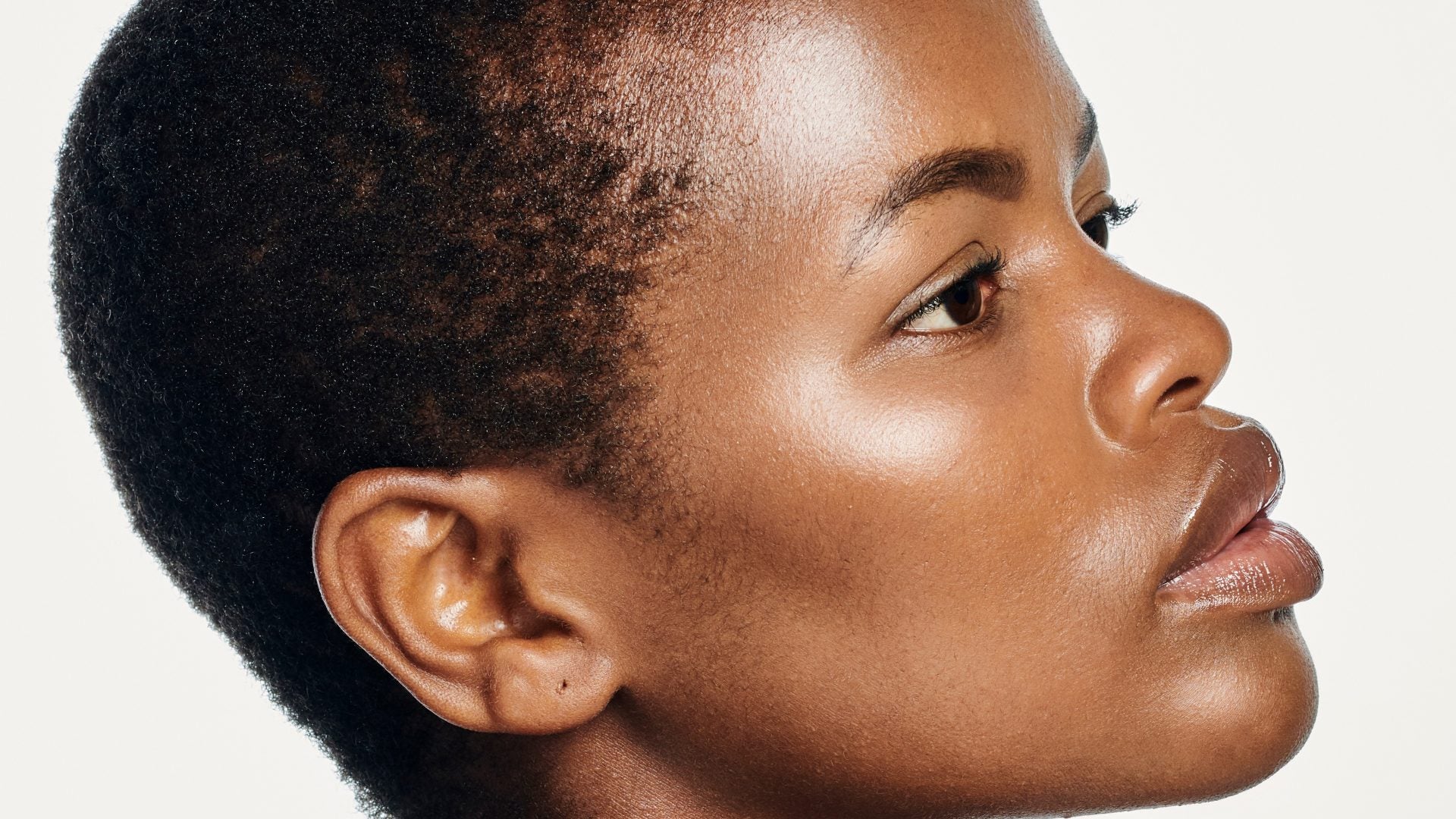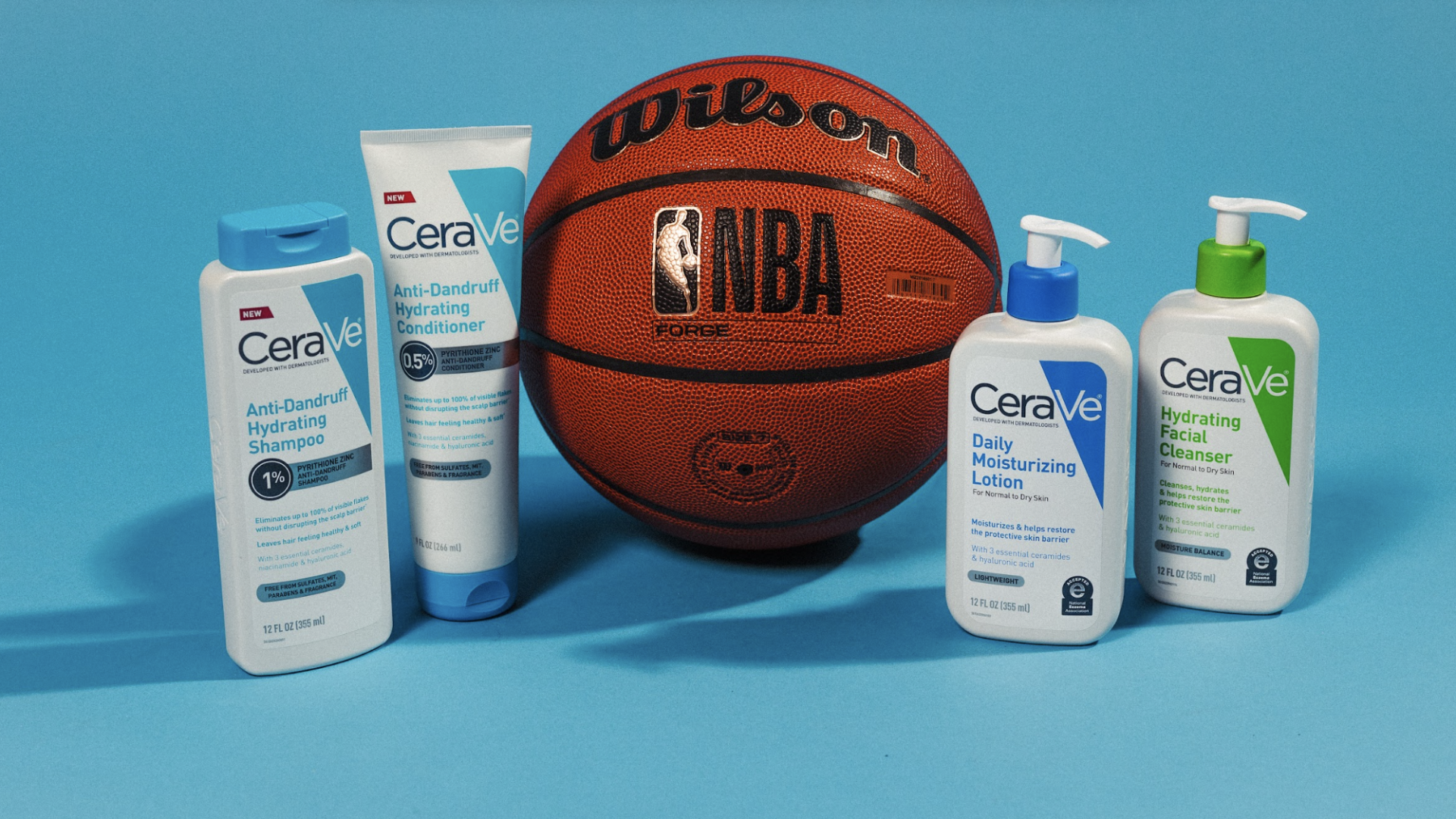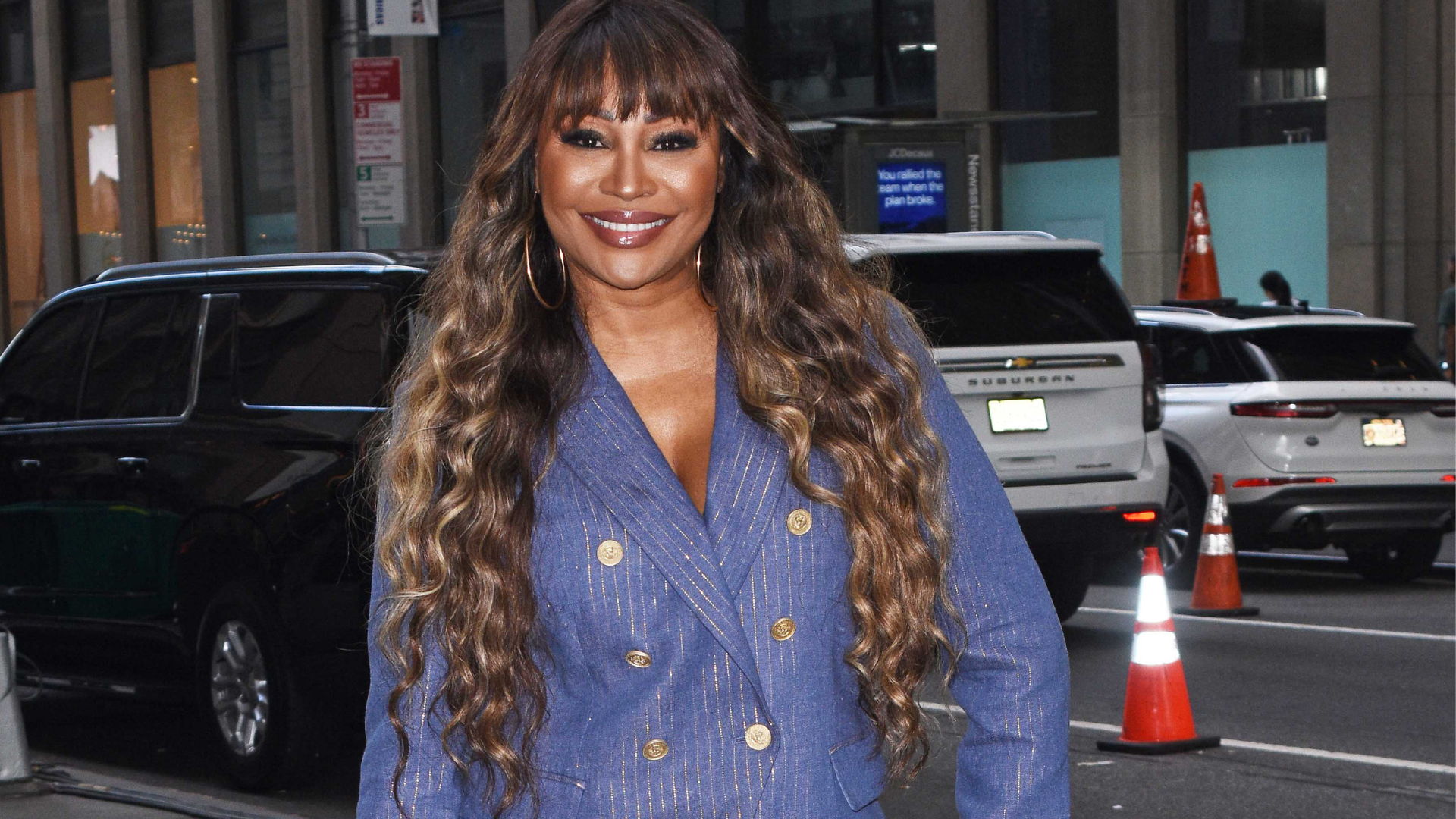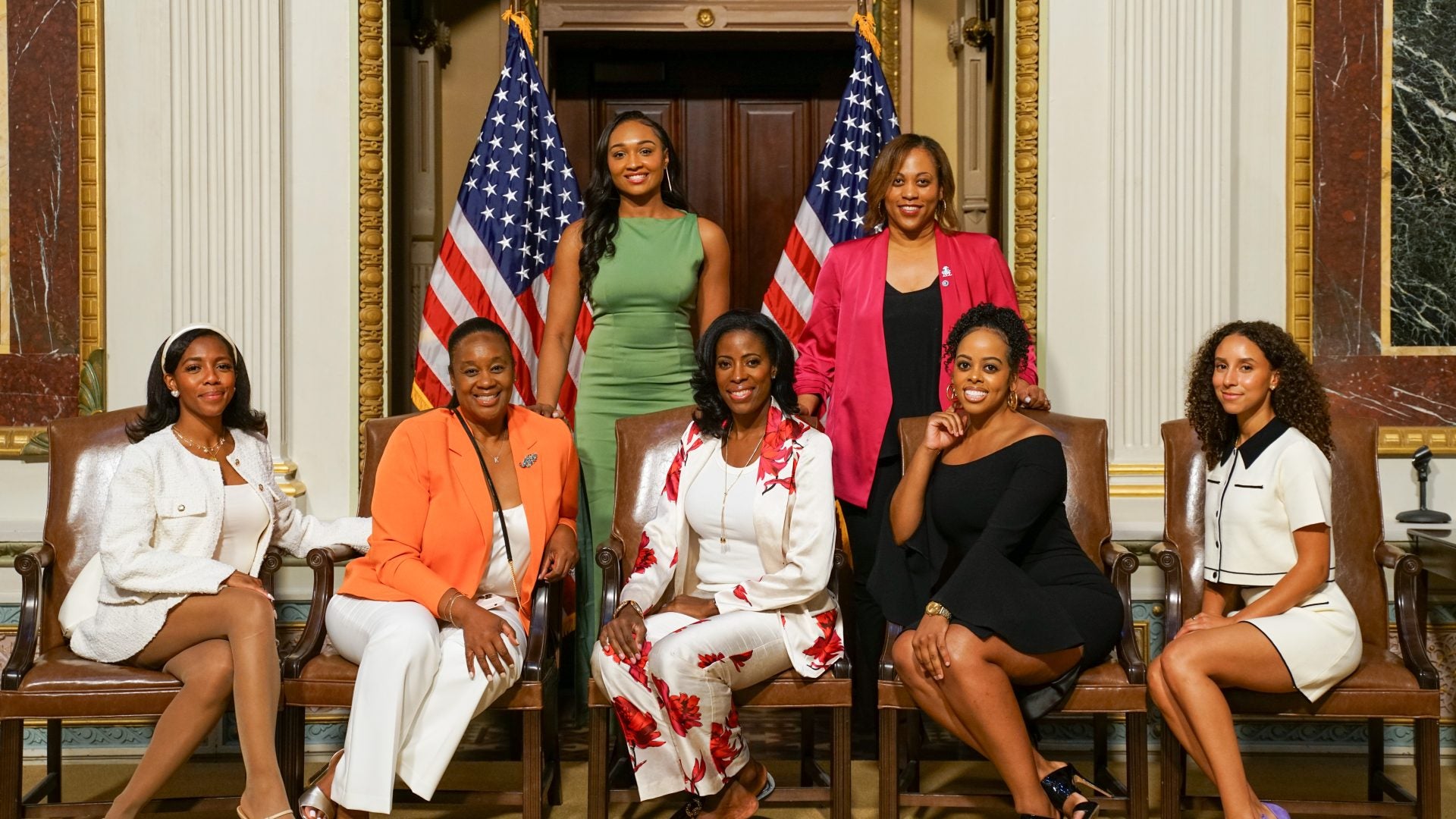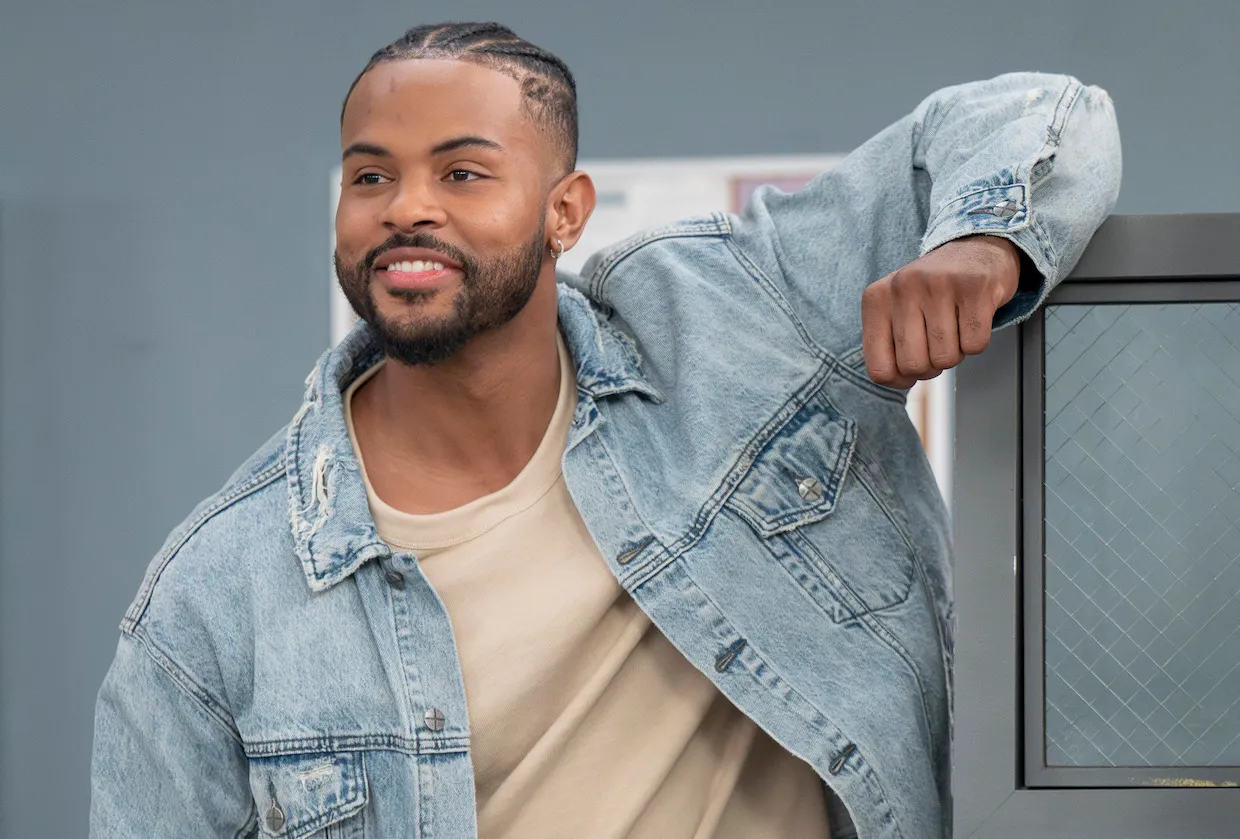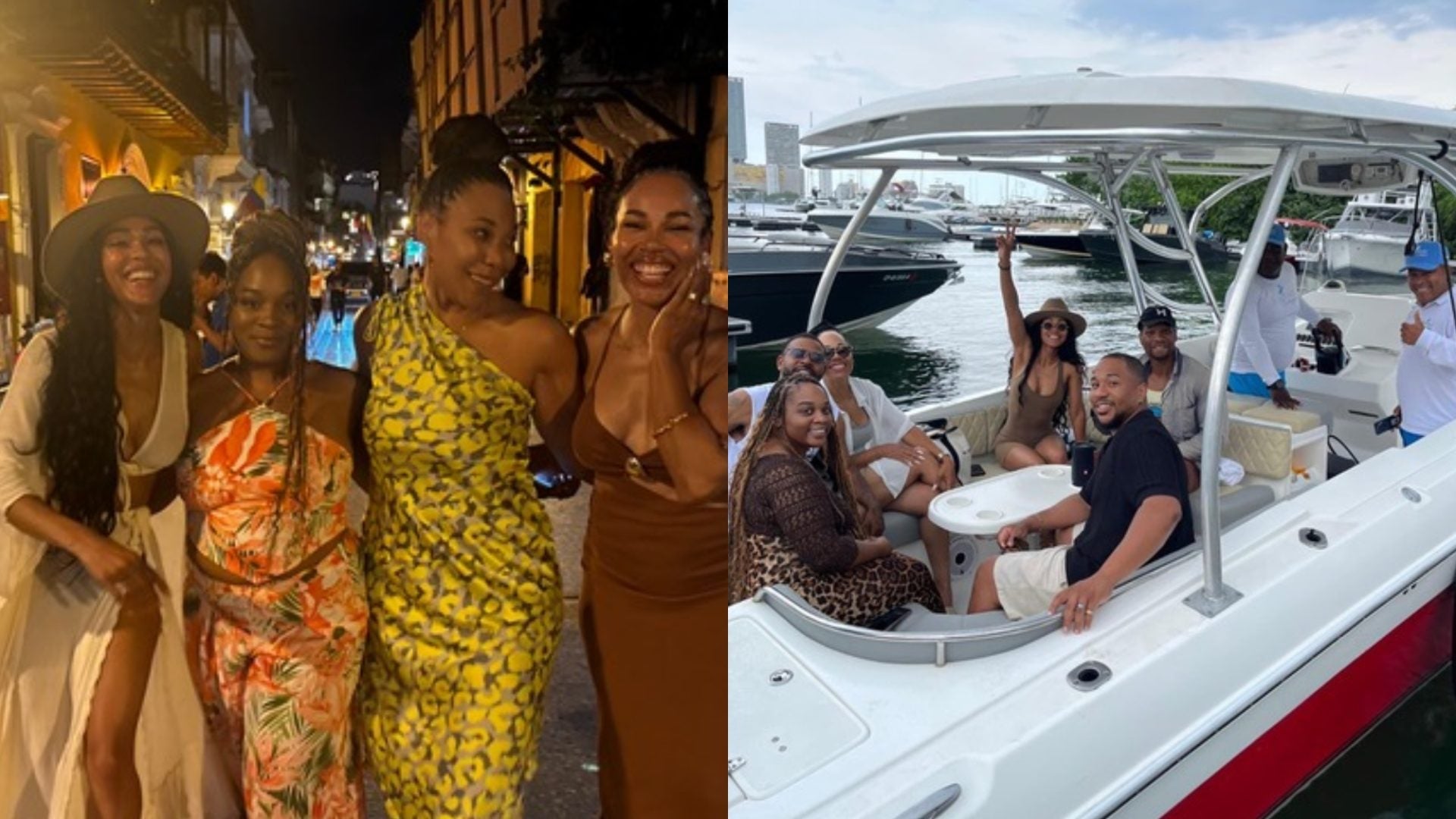How Three Black Women Raised $200K And Built A Sold-Out Non-Alcoholic Beverage Brand In Just Months
At some point in the last few years, the conversation around alcohol shifted. I’m not exactly sure when it happened, but quitting is no longer just for the friend who […] The post How Three Black Women Raised $200K And Built A Sold-Out Non-Alcoholic Beverage Brand In Just Months appeared first on Essence.
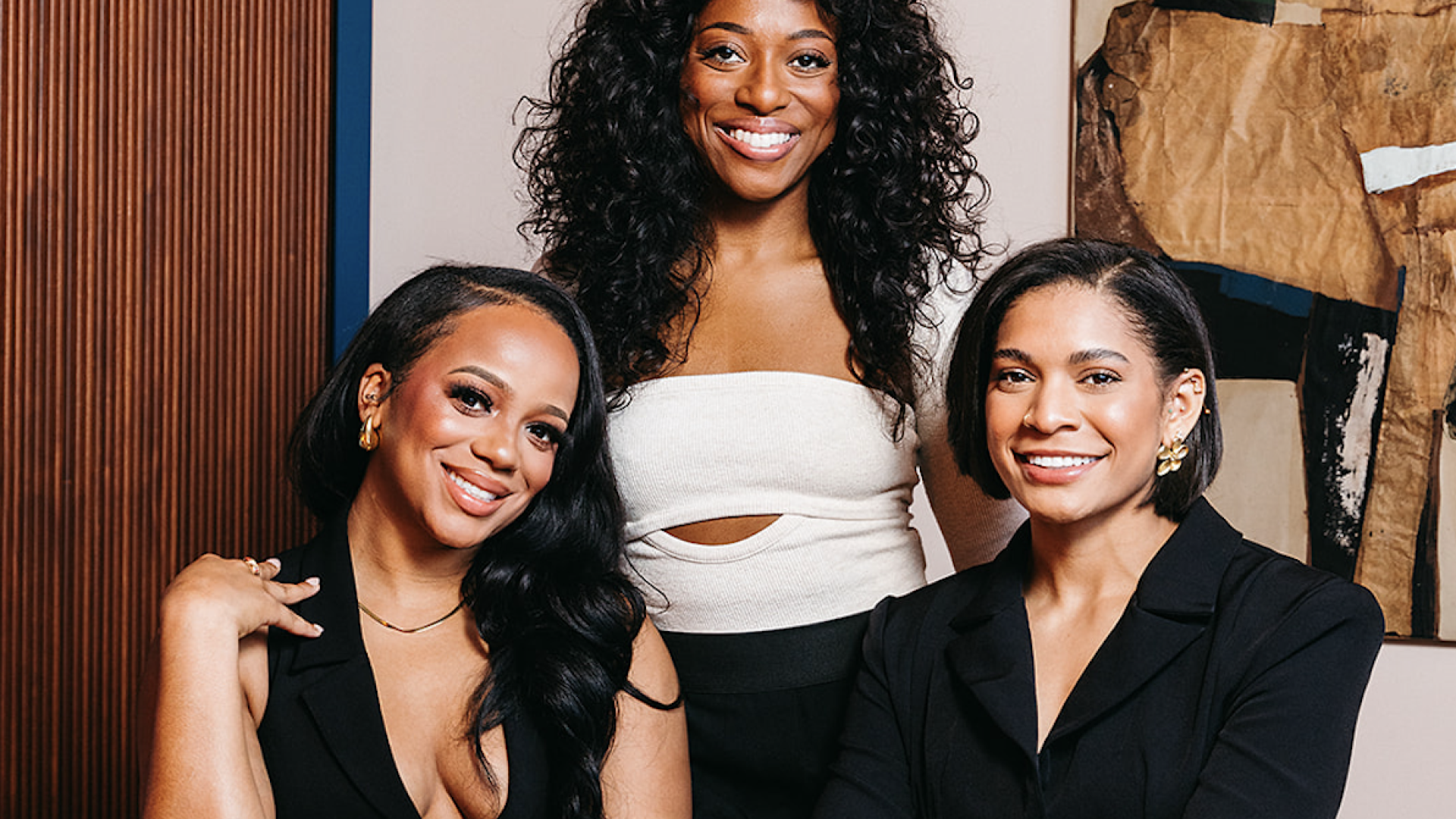
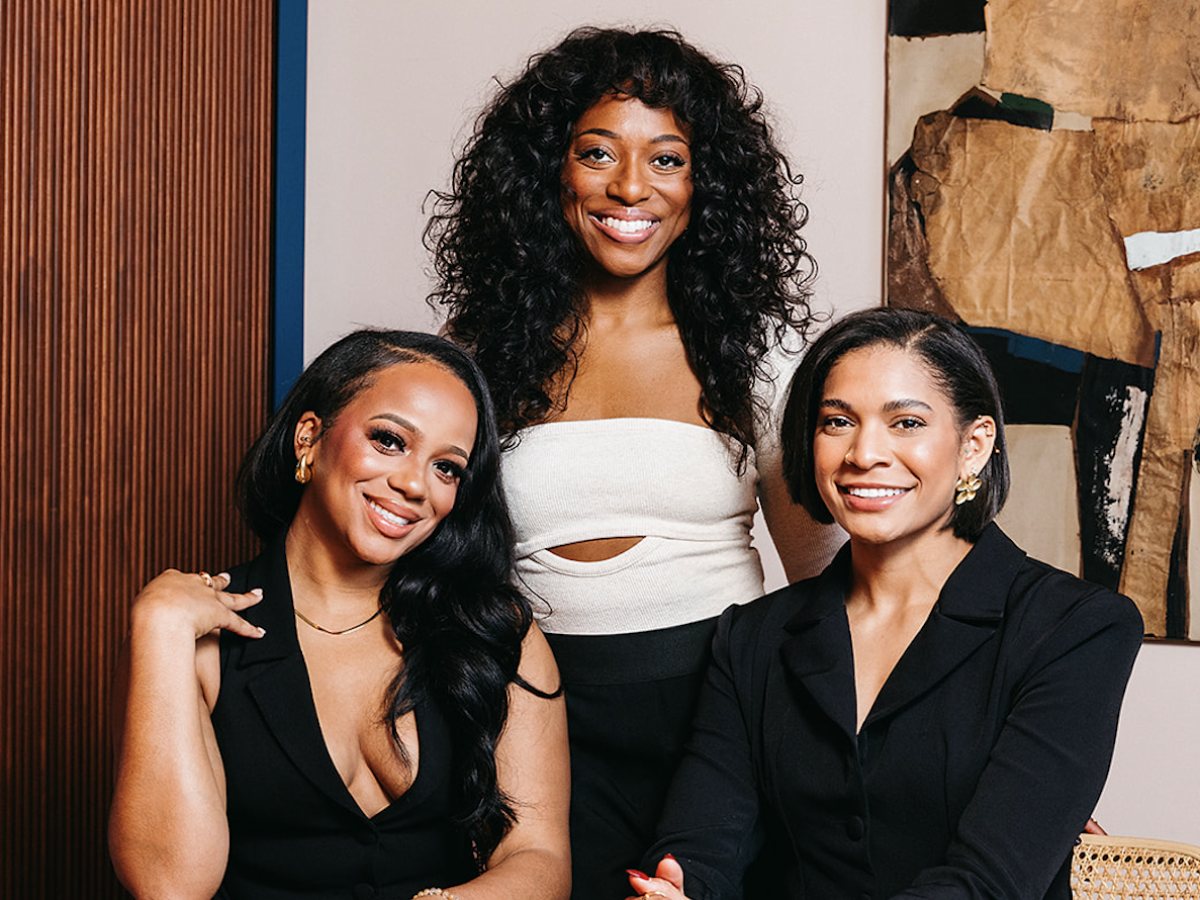 Getting your Trinity Audio player ready…
Getting your Trinity Audio player ready… At some point in the last few years, the conversation around alcohol shifted.
I’m not exactly sure when it happened, but quitting is no longer just for the friend who “had a problem” anymore. In fact, it’s almost more socially acceptable to not be drinking because of the equal shifts we’ve seen in health and wellness. Everyone is either training for a marathon, preparing for a Hyrox competition, or in their pilates princess era. And if not that, then they’re climbing the corporate ladder, launching a business, and simply just can’t afford to show up foggy to that 8 AM pitch meeting. Who is risking a hangover that will mess with their productivity?
Even myself, for example, if I know I’ve got a double Orangetheory morning (insane, I know), I’m in bed by 9PM, and going out if and only if for an important reason.
Black women, in particular, have been leading this shift. We’re building careers, launching businesses, taking care of families and somewhere along the way, a lot of us started questioning why every celebration, every wind-down/self-care moment, every social gathering had to include alcohol. Yes, there’s the financial factor (when did cocktails become $23?), but the bigger problem? Most non-alcoholic options taste awful, or they’re marketed to a very specific (read: white) wellness demographic that doesn’t reflect our lives or our culture.
That gap is exactly what Shanna Watkins, Ashlyn Knox, and Darean Rhodes set out to >Sensori, a non-alcoholic functional beverage built with Black women in mind from day one. In less than a year, they’ve raised $200,000, sold out all 5,000 cans of their first production run, and become one of the most talked-about brands at events like CultureCon. When Angela Rye was about to go on stage to speak and someone handed her Smartwater, she asked for Sensori instead. A multimillionaire investor even told them point blank: “This is a billion-dollar business, girls.”
But long before they were co-founders, they were just three girls sharing sips of alcohol in high school and college.
“Shanna and Darean were just my big sisters I didn’t have,” Knox says.
Now they’re building something that offers an alternative to the thing that once bonded them. The shift started during the pandemic when all three noticed their drinking habits weren’t serving them the way they used to. Knox, who has ADHD, wasn’t satisfied with her medication and started researching herbs like Lion’s Mane and ashwagandha. Rhodes was exploring adaptogens for anxiety and depression. Watkins, whose PR background included working with adaptogen brand MUD\WTR, kept complaining to her husband about the terrible non-alcoholic options on the market.
He finally told her to stop talking and build it herself.
Two years ago, Watkins called Rhodes with an idea. A year later, she called back: “Okay, I know what the product is.” They brought Knox on as the third co-founder. The division of labor made sense immediately—Watkins as CEO handling vision and investor relations, Rhodes as COO bringing her tech program management background, Knox as CMO leveraging years of startup marketing experience.
“We trust each other’s expertise,” Knox says. “If you think that’s right, Shanna, you’re the CEO, make that decision. Darean, you handle operations. My brain is marketing.”
That trust came in handy during fundraising, which Knox describes as “a full-time job.” When Knox’s apartment flooded, she moved into Watkins’ house. For 30 days, all three of them were together taking back-to-back investor calls. Their decision to build in public on social media became their superpower. When Watkins casually posted on Instagram that they were looking for investors, she woke up to 15 DMs from people ready to talk.
“We didn’t really have to twist anyone’s arm,” Watkins says. “Most people were pretty bought into what we were building because we had been building so publicly.”
That decision to build in public—documenting everything on social media, the wins and the struggles—is part of what makes Sensori feel different. It’s more than just beverage-selling, but a real space for Black women in a wellness category that historically hasn’t been for us.
“All these wellness modalities are really just gatekept by white people,” Knox says plainly. “We want to make something that feels not only accessible, but approachable to people that look like us.”
The product itself reflects that intentionality. Sensori comes in two SKUs, each designed around feeling states rather than just replacing alcohol. “Connect” is for intimate moments—whether you’re with friends or doing self-care alone. “Play,” which just launched, is for day parties and picnics, more social settings. Both feature a proprietary blend including kanna for mood-boosting, reishi for balance, and Lion’s Mane for mental clarity.
“We’re creating this middle space where it’s okay to do both and strike your own balance,” Knox explains. “Find an alternative for when alcohol just isn’t aligned with your schedule.”
At SpelHouse Homecoming, they watched that message land in real time. People would approach their booth skeptical—”No alcohol? I don’t want any parts in that”—then try it and come back asking where to buy more.
“You could actually see in real time these people rethinking what they initially had said to us,” Knox says. “That’s the ripple effect that we want to create.”
But beyond the sales numbers and the investor interest, what seems to matter most to the three founders is the community they’re building. At a recent event at The Gathering Spot in Washington D.C., a woman in her fifties asked them how they became so confident articulating their vision online.
“It felt really special for this woman to be asking us, ‘Ladies, you guys are doing so well and you are so confident. How are you able to do this?'” Watkins says. “It felt like a moment of, wow, I think we actually are inspiring people to double down on their visions because we’re just acting on ours.”
Even their mothers have been affected. Knox’s mom called recently to say she got a promotion and credited the “October is so abundant” mantra her daughter had been repeating. Rhodes’ mom started posting on TikTok.
Their group chat, once full of life updates and plans to hang out, is now literally titled CEO, CMO, COO. They joke about how all they talk about is business now, how they need to figure out how to pour back into their friendship. But there’s something powerful about three Black women who’ve known each other since high school building something this big together.
They’re already planning their next fundraising round for late 2026, this time aiming to raise millions. But for now, they’re focused on restocking inventory, protecting their vision and reminding Black women that they don’t need alcohol to feel connected, joyful, or seen.
The post How Three Black Women Raised $200K And Built A Sold-Out Non-Alcoholic Beverage Brand In Just Months appeared first on Essence.









